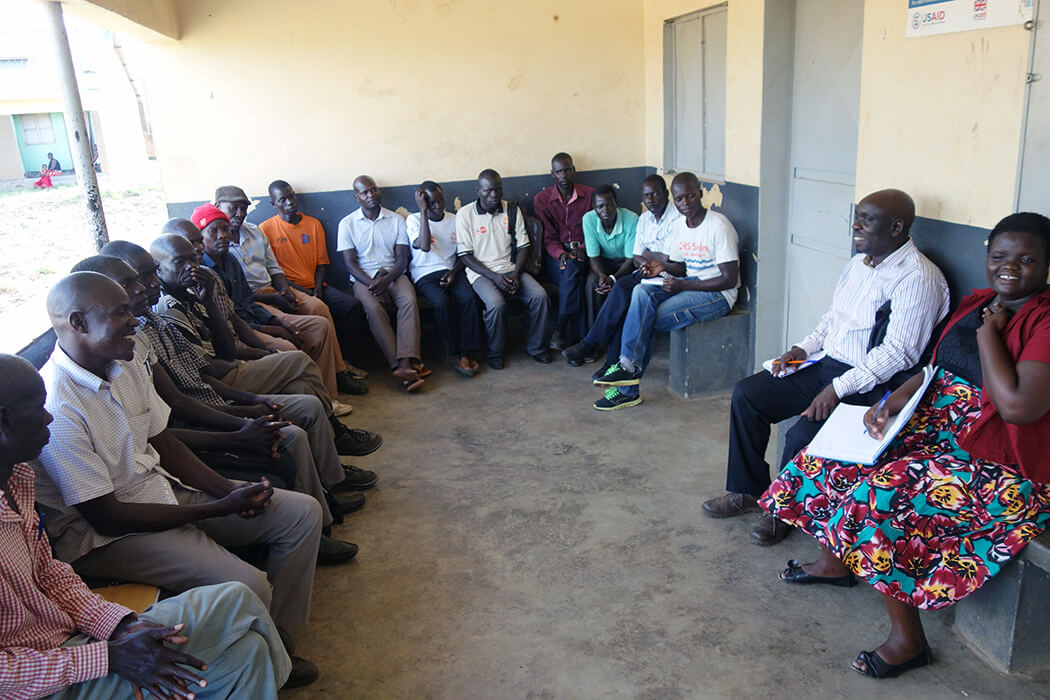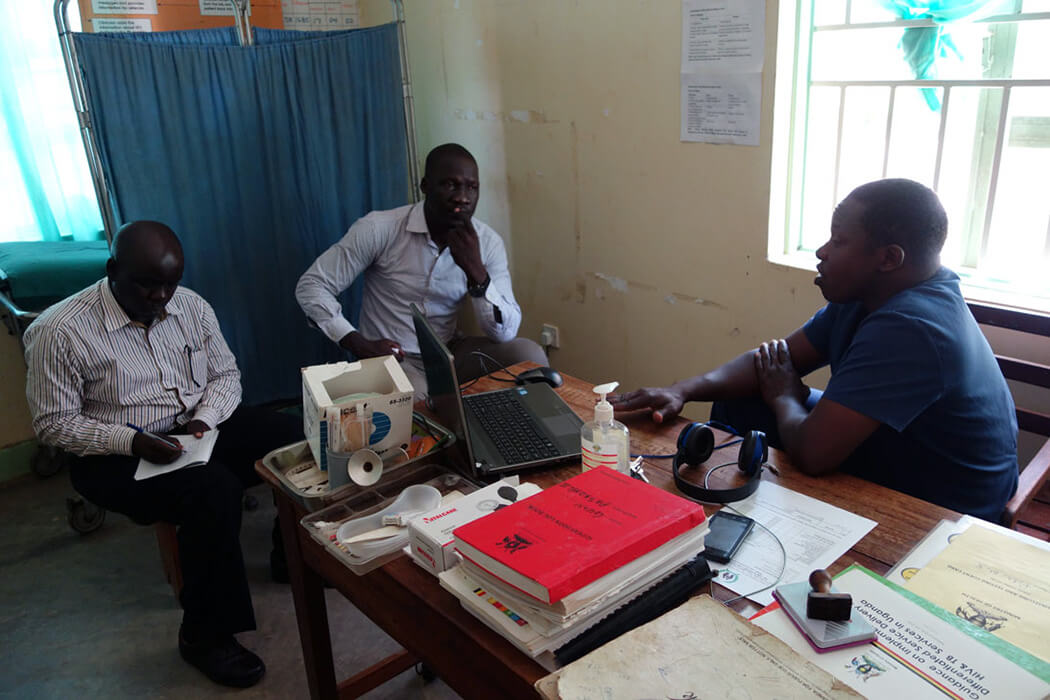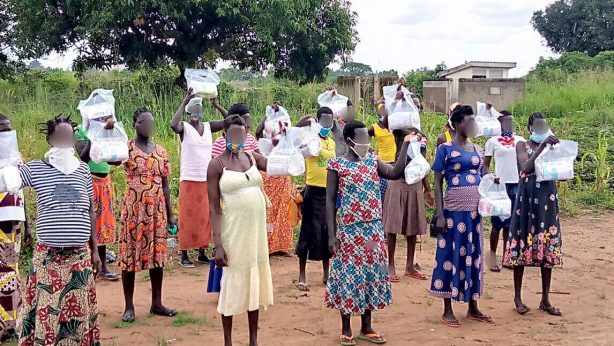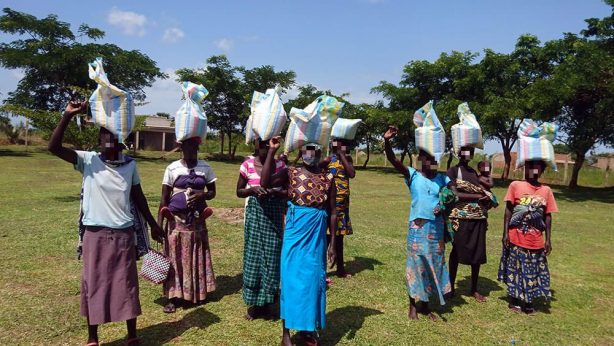RHITES Project: Health Facility Check-up in Agago, Amuru & Gulu
GWED-G’s Technical Advisors and M & E Officer recently joined our District Community Coordinators on the field to check in on how health facilities were progressing with their participation in the USAID RHITES Project. Our team met with key players in health service provision within the districts of Agago, Amuru and Gulu. The purpose was to gain a deeper understanding of the operational environment to better tailor support moving forward.
What is RHITES?
The RHITES Project is a massive undertaking to improve key health outcomes for the population of North Acholi in Uganda. Key indicators targeted for improvement include rates of HIV testing and adherence to treatment, mother-to-child transmission through pregnancy, tuberculosis testing and treatment, and adoption of family planning practices. The project looks at sexual and reproductive health measures intensively. Maternal, newborn and child health are also essential components tagged for intervention. GWED-G’s role in the partnership is to focus on sexual health and working with health staff and community members to encourage the population’s health-seeking behaviours. This means teaching people about different health conditions and the importance of seeking health services. We also provide them with information on where and when to access relevant services.
Following up on Progress
GWED-G met with district-level health officials, as well as facility-level health officers, including lead physicians and community linkage facilitators. From these meetings we were able to learn some of the best practices for and challenges impeding success. In Amuru, for example, important health team members from various facilities across the district meet on a monthly basis to share up-to-date data in hopes of highlighting gaps and keeping the team focused on areas for improvement.
Our team also learned that in Gulu District, there is a problem with infrastructure in several facilities that does not allow for confidential areas for consulting patients with potential STIs. Furthermore, we found in more than one district that more funding must be devoted to creating and maintaining youth-friendly spaces to encourage a welcoming, safe environment for young people to access information and services – especially concerning their sexual health.
SGBV & Sexual Health
GWED-G also met with our community-based workers, namely the Village Health Teams and Role Model Men. The Village Health Teams consists of people who spread out in the community to mobilize them to attend awareness events or health camps (where free services are provided), as well as to give basic education on things like breastfeeding or HIV-transmission. GWED-G’s own Role Model Men are volunteers who mostly focus on influencing communities to respect women’s rights, and to support the prevention of Sexual and Gender Based Violence (SGBV).
These community structures have been successful at ensuring our educational and service provision events are well-attended. In Agago, however, we learned that teenage pregnancy rate remains the highest in the country. This draws attention again to the need for youth-friendly services.
Key Takeaways
These recent monitoring visits have provided our team with valuable insights into the next steps for improving performance. We plan to focus more on encouraging youth-friendly services, and sporting events are being planned to gather youth together to provide services and education on sexual health. Our District Community Coordinators will also be working closely with in-charges of facilities to ensure all data is being reported and they shall encourage all district facility key persons be represented in monthly review meetings. Finally, we aim to further strengthen our community education reach by giving refresher training on basic health concepts and SGBV for our Village Health Teams and Role Model Men.
Planning for Year 3 of the RHITES Project is gearing up and GWED-G looks forward to addressing these challenges meaningfully with the insight gained from our monitoring visits.




